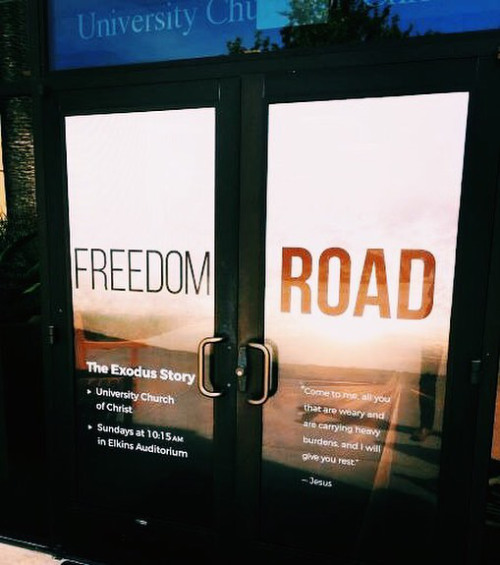Friday, and this afternoon I am paneling (well, I guess it’s more of an early evening panel, really) at Comic Con, and that should be a lot of fun.
My Short Story challenge has not gotten off to the best start; here it is the fifth day of January already and I have only just now managed to finish reading one story; it’s shameful, I know. But I got out my enormous volume The Best American Noir of the 20th Century, and dutifully read the first story, from 1923 (!). 1923! Who knew noir went back so far? Much as I love noir, and as often as I think about it–I really should do a lengthy study of noir, both print and film–I don’t know much about its history; seeing that stories defined as noir were being published as far back as 1923 was a bit of a surprise for me; I guess I just always assumed noir fiction was something that came about in the late 1930’s, and was primarily pioneered by the great James M. Cain.
Shows you how little I know.
But I love noir; I am more drawn to it than actual more traditional crime fiction, to be honest. Most of my short fiction would be classified more readily as noir rather than as crime; as I have said before, I like to write about damaged people, and the stories of damaged people are more prone to wind up categorized as noir. I am currently in the midst of writing two stories that are noir–more details on them both when they become available–but I am very excited about both of them.
But I read this amazing story, “Spurs” by Tod Robbins, which is the opening story in the Best American Noir omnibus.
Jacques Courbe was a romanticist. He measured only twenty-eight inches from the soles of his diminutive feet to the crown of his head; but there were times, as he rode into the arena on his gallant charger, St. Eustache. when he felt himself a doughty knight of old about to do battle for his lady.
What matter that St. Eustache was not a gallant charger except in his master’s imagination–not even a pony, indeed, but a large dog of a nondescript breed, with the long snout and upstanding aura of a wolf? What matter that M. Courbe’s entrance was invariably greeted with shouts of derisive laughter and bombardments of banana skins and orange peel? What matter that he had no lady, and that his daring deeds were severely curtailed to a mimicry of the bareback riders who preceded him? What mattered all these things to the tiny man who lived in dreams, and who resolutely closed his shoe button eyes to the drab realities of life?
I’m not sure that I would call this story noir in the classic sense; but who am I to argue with James Ellroy or Otto Penzler? The story, which is centered around the performers in a French traveling circus, is reminiscent both of American Horror Story: Freakshow and of course, the classic film Freaks, and, as it turns out, the film was based on the short story. Courbe has inherited money and an estate; he has fallen in love with one of the bareback riders, a large strong woman who agreed to marry him for his money; despite being in love with another one of the bareback riders–she is marrying him for his money, of course, and assuming he won’t live long; if he does live longer than is convenient, she will poison him, and she and her true love with live happily ever after on the little man’s money. But despite the same set-up, the film deviated from the story from the wedding onward; the story isn’t quite as dark as the film (seriously, what could be?) but it’s plenty dark and plenty creepy; and an excellent way for me to kick off short story month.
And now tis back to the spice mines with me; here is a hunk to ease you into your weekend.


![Black-crested Titmouse1280x908] 01](/ai/039/663/39663.jpg)



